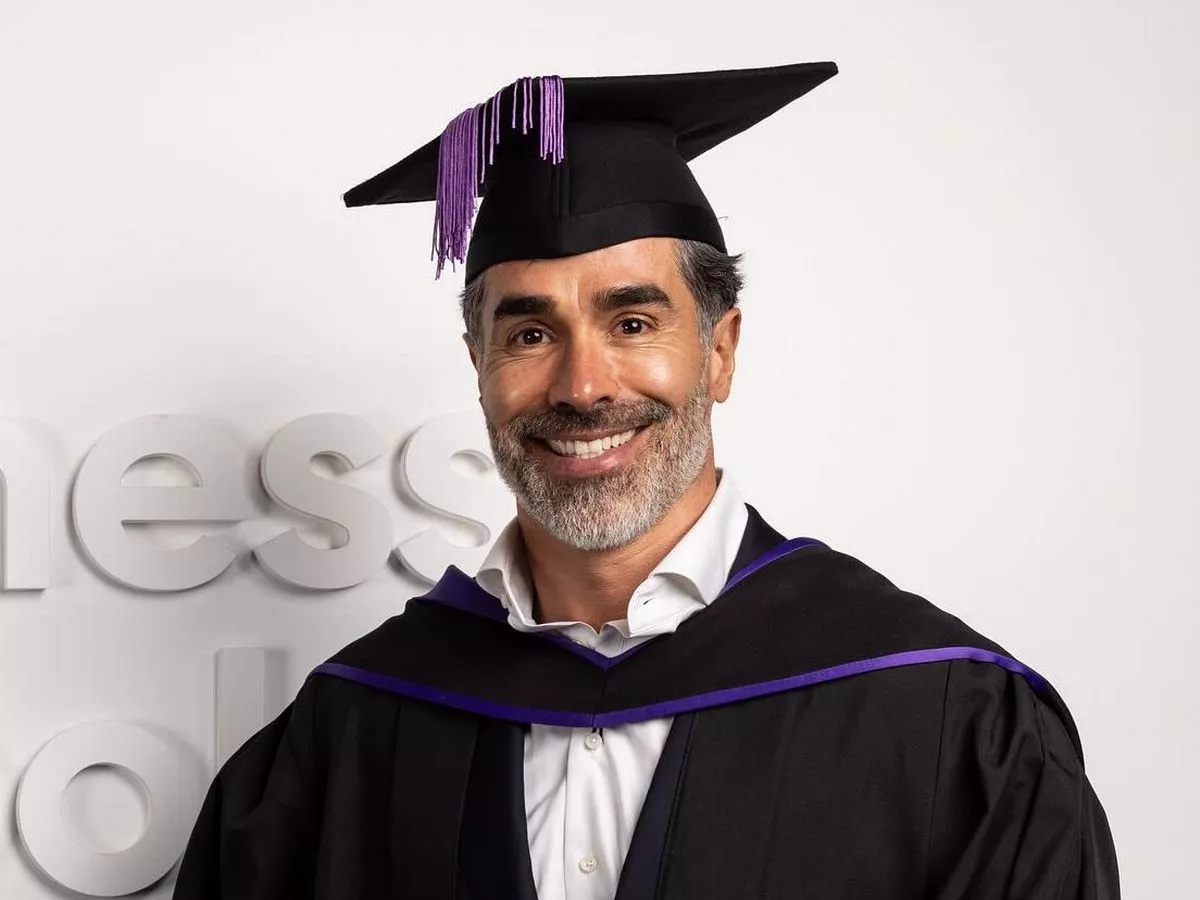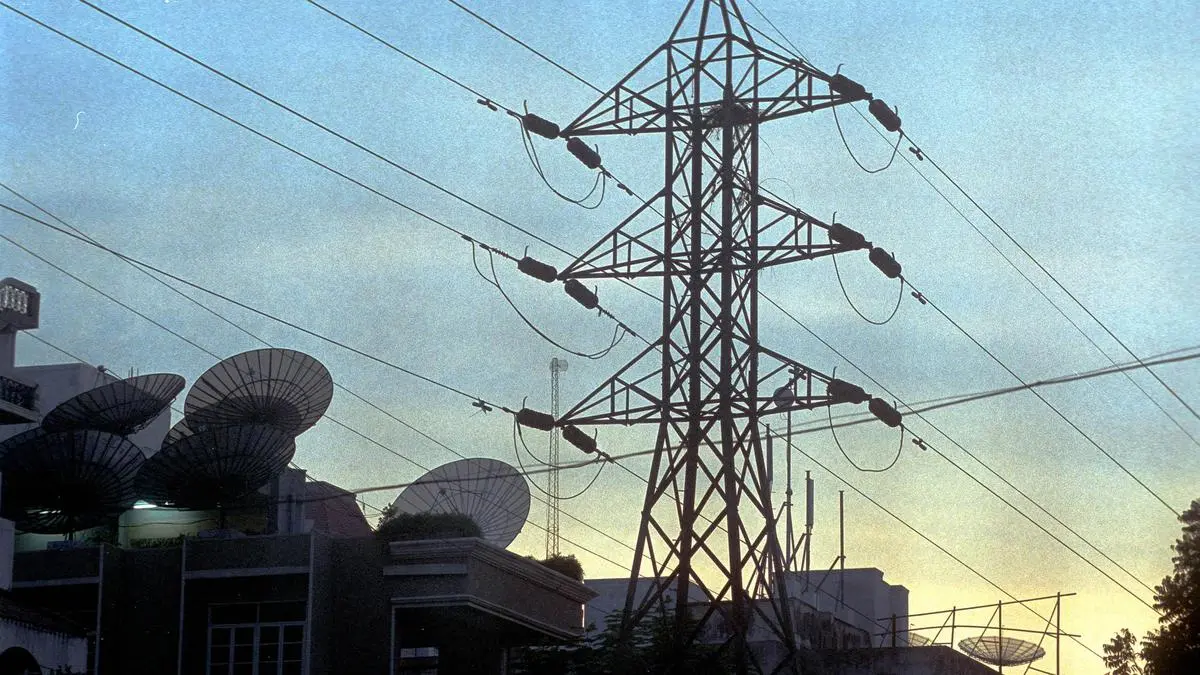Copyright Salt Lake Tribune

More than a month into a government shutdown, U.S. Rep. Mike Kennedy said Monday that he does not see any reason for the House of Representatives to reconvene, blaming Democrats for the stoppage as some Republicans — including Utah’s Sen. John Curtis — call for lawmakers to return to Washington. “To call us back to have debates when the Democrats are not willing to open the government up is of no value,” Kennedy, a Republican representing Utah’s 3rd Congressional District, told reporters during a news conference at the Utah Capitol on Monday. “When Democrats are throwing a temper tantrum, to reward them somehow by opening up and ‘Let’s do business as usual’ … that is only rewarding ineffective and inappropriate behavior.” Republicans currently control the White House and both branches of Congress. Kennedy’s comments come only days after Curtis said it was time for House lawmakers to return to session in an interview that aired over the weekend. “This is the strangest shutdown, like, ever,” Curtis said during the C-SPAN interview, adding that while he was a member of the House, he would sit in his office daily during a shutdown while congressional staff and federal workers went without pay. “That brings motivation,” he said. “If it were up to me, we would be here. We would be pounding it out. We would find that consensus. We would open up the government and do exactly what the American people expect us to do.” Kennedy, too, noted Monday that his staff is not currently being paid, but said he is focused on engaging with constituents in his district until Senate Democrats agree to “have these debates and policy discussions in regular order.” The doctor talks health care At the heart of the shutdown is a fight over health care funding, as congressional Democrats have demanded that Republicans agree to extend enhanced premium tax credits that help millions of Americans afford Affordable Care Act insurance. To beat the Senate filibuster rule, Republicans need at least seven Democrats to cross the aisle and close debate in order to pass funding legislation. The subsidies are set to expire at the end of the year, and Kennedy, a physician, has repeatedly said throughout the shutdown that he is sympathetic to the concern about the funding cliff but does not think it should be dealt with while the government is closed. He also blames Democrats for the benefits cutoff. “The discussion we should have [is about] glide paths for [ending] these kinds of programs,” Kennedy said, adding that Democrats set the original 2025 deadline during the pandemic. Asked specifically what approach he would prefer to address the swift end to a large proportion of health care funding, Kennedy did not answer directly, and instead brought up “waste, fraud and abuse” among those receiving the subsidy, claiming without evidence that he has heard stories about families making $600,000 a year receiving the benefits. A spokesperson for Kennedy did not immediately respond to a request for more information regarding his claim. The enhanced premium subsidies, a COVID-era measure passed in 2021, offer tax credits to people making between 100% and 400% of the poverty level — expanding who can receive benefits beyond the original ACA tax credits cutoff of 100% of the poverty level. For a family of four, 400% of the poverty level is equivalent to about $128,000 a year. Asked about families making around $60,000 to $70,000 a year who could see a 400% increase in their insurance premiums should the enhanced premium subsidies go away, however, Kennedy said, “That’s absolutely something we need to work on.” He added, “There’s something really wrong with the [health care] system that, in the past 40 years, has turned into such an expensive, prohibitive system as to cost. We need to work on that.” Asked how he would tackle the issue and whether he supported repealing Obamacare, Kennedy said, “I think Obamacare is here to stay.” In the meantime, he added, he thinks Republicans should address the third-party handling of pharmaceutical plans, hospital billing and higher pay for doctors and nurses, though Kennedy said he is not currently able to publicly speak about many of his reform ideas. “There are so many areas for us to work on, but in the political realm, it’s what can be done that I’m looking for,” he said. “And I’ve got ideas and options, but I can’t reveal all those at this point, because I need to find people that are motivated and willing to work on this.” The filibuster In addition to the fight over health care funding, Kennedy was asked about the ongoing fight over funding the Supplemental Nutrition Assistance Program (SNAP), also known as food stamps. The Trump administration originally said the program would be funded in the event of a shutdown, but the federal agency administering the program changed its tune in recent weeks and said SNAP payments would be cut off Nov. 1. A judge ordered last week that a portion of SNAP benefits be paid out, and the Trump administration said Monday that it would release half a month’s worth of funds. Kennedy, at his news conference, said he was “totally supportive of that,” but went on to blame Democrats, who have proposed legislation to continue funding SNAP during the shutdown. “The question is, why don’t my Democrat colleagues just fund the government?” he said. Perhaps the number one way to address the issue, he said, would be to change the current Senate filibuster rule, which requires 60 votes in the chamber for the passage of funding legislation. “This idea that somehow 60 is better than 59, is better than 55, is better than 65, where did that number come from?” Kennedy said. “I don’t know if it’s in the Ten Commandments. It’s like number 11.” The current filibuster rule dates back to 1917, when President Woodrow Wilson pushed lawmakers to adopt a rule that would allow for the closure of debate if two-thirds of the body agreed. “As I said before, the 60 vote threshold is really interesting, and it seems to be a real struggle for us,” Kennedy said. “Why not 55? Why not 53? What about 58? What about another number?” Republicans currently hold 53 seats in the Senate. Asked if changing the cloture threshold could come back to haunt Republicans in the future should they find themselves in the minority again, Kennedy, a former state senator, turned to jokes: “Well, I’m in the House right now,” he said. “So are you suggesting that I’ll be demoted to the Senate at some point?”



